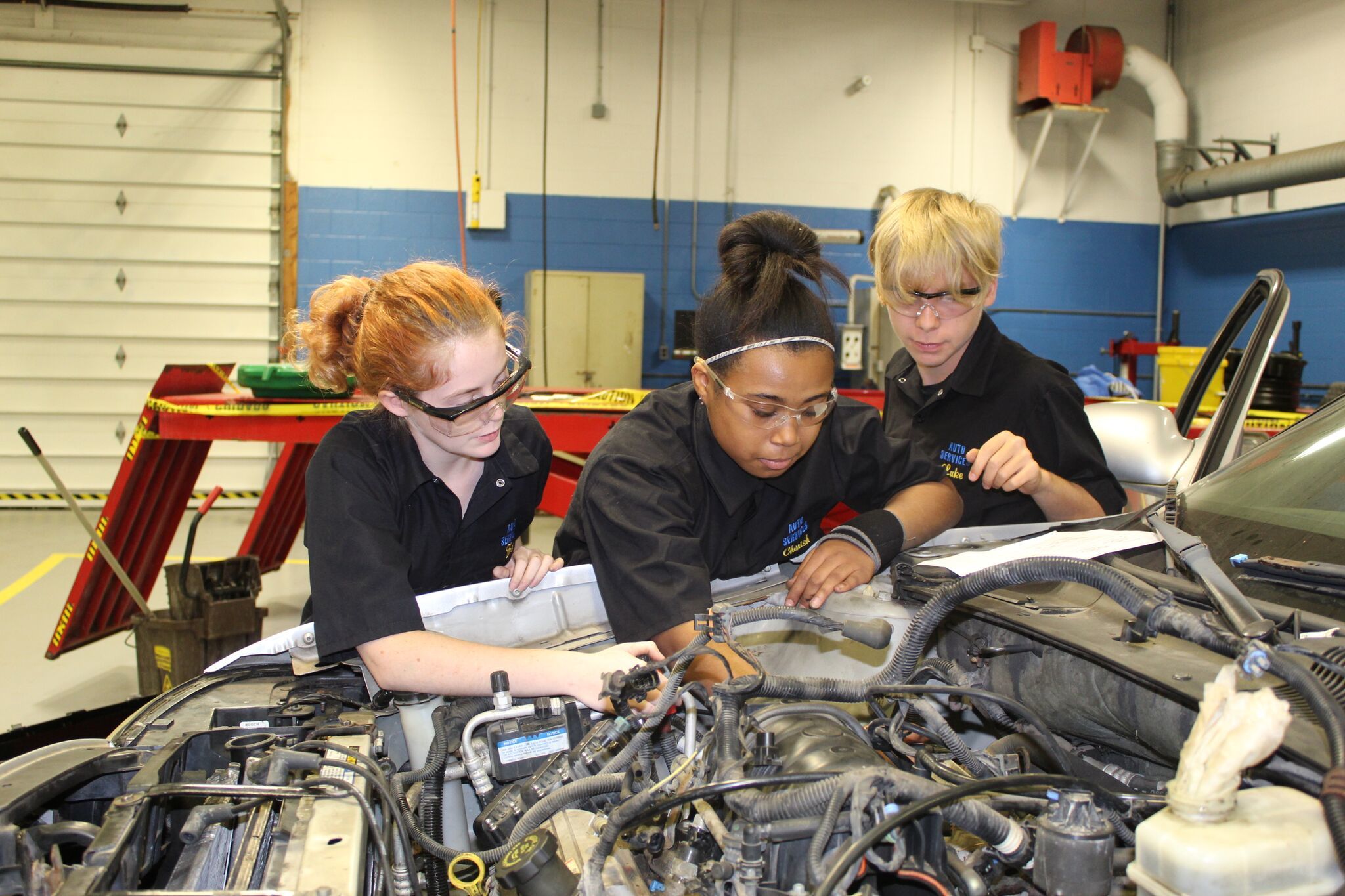All Categories
Featured
Your lorry's brakes are just one of one of the most critical parts in guaranteeing your safety and security and the security of others on the road. Regular brake assessments are essential to keeping optimum stopping performance and avoiding expensive repair services. Whether you're a seasoned car proprietor or a brand-new chauffeur, understanding brake assessment guidelines can aid you remain positive about maintenance and ensure your vehicle is always roadworthy.
- Why Brake Inspections Issue. Brakes go through consistent deterioration. The more you drive, the more friction your brake pads endure, at some point resulting in reduced stopping performance. Without proper inspection, it's difficult to evaluate when your brakes could be in demand of fixing. Normal brake checks assist identify issues early, preventing possible failings that could put you in jeopardy.
A well-kept brake system ensures fast, receptive quiting power, especially in emergencies. It additionally assists extend the life of your lorry, as disregarding brake upkeep can lead to more severe, costly issues later.
- Signs You Need a Brake Inspection. While it's essential to have your brakes evaluated occasionally, particular indicators might indicate that they need attention. Maintain an eye (and ear) out for these caution signals:
Squeaking or Grinding Noises: Unusual noises, specifically a shrill squeal or grinding noise, typically mean that your brake pads are used down. Vibration or Pulsation: If you feel vibrations or a pulsing experience when pressing the brake pedal, maybe an indicator of warped rotors or unequal brake pad wear. Decreased Brake Responsiveness: If your brakes really feel less responsive or you have to push the pedal harder to slow down, it may indicate air in the brake lines or low brake liquid. Pulling to One Side: If your automobile draws to one side when stopping, it could imply irregular brake pad wear or a brake fluid leakage. Control Panel Warning Lights: Some automobiles have brake-related caution lights that indicate concerns like reduced brake liquid or used brake parts. If you notice any one of these symptoms, it's essential to have a specialist mechanic do a brake assessment asap.

- What Happens Throughout a Brake Assessment? Throughout a brake assessment, a mechanic will inspect several vital parts of the stopping system to make certain everything remains in functioning order. Right here's what you can anticipate during the process:
Brake Pads and Shoes: The auto mechanic will examine the thickness of the brake pads or shoes. If they're too slim, they'll need to be changed. Brake Rotors: Blades are the discs that the brake pads press versus to slow your cars and truck down. They'll be looked for any indicators of wear, racking up, or bending. Brake Fluid: Reduced or infected brake fluid can impair braking performance. The service technician will certainly examine the fluid level and top quality and leading it up or flush it if necessary. Brake Lines and Hoses: Brake lines lug liquid from the master cylinder to the brakes. The auto mechanic will check for any kind of leaks, fractures, or damages to guarantee correct fluid flow. Brake Calipers and Wheel Cylinders: Calipers and wheel cylinders press the brake pads against the blades or drums. The service technician will certainly look for wear, leakages, and appropriate procedure. 4. How Commonly Should You Have Your Brakes Inspected? The regularity of brake examinations relies on factors like your driving habits, the sort of vehicle you drive, and the setting in which you drive. As a general guideline, it's a great idea to have your brakes evaluated every 12,000 miles or yearly. Nonetheless, if you experience any one of the indication stated previously, it is very important to obtain your brakes examined right away.
For those that often drive in hefty traffic, hilly surface, or rough weather, more regular assessments might be essential.
- Significance of Timely Brake Services. When you discover an issue with your brakes, it's crucial to address it right away. Postponing brake fixings can bring about more considerable damage to your braking system, causing greater repair service expenses. In extreme situations, neglecting brake issues can lead to finish brake failure, which is a major safety danger.
By remaining on top of brake maintenance and dealing with issues promptly, you make certain that your brakes remain to execute as intended, keeping you and your travelers risk-free on the road.
Final Thought: Keep Your Brakes in Leading Shape. Brake inspections are an easy yet important component of automobile upkeep. By comprehending the importance of regular evaluations, understanding the signs of brake issues, and remaining proactive with repair services, you can guarantee your lorry's stopping system stays in optimum problem.
Latest Posts
Change Your Home with Resilient Wood Floor Covering from Carpet Interiors Floor & Home
Your Neighborhood Flooring Experts in Orland Park, IL
Affordable Car Repair Services at Montclare Auto Repair - Schedule Now!
More
Latest Posts
Change Your Home with Resilient Wood Floor Covering from Carpet Interiors Floor & Home
Your Neighborhood Flooring Experts in Orland Park, IL
Affordable Car Repair Services at Montclare Auto Repair - Schedule Now!
